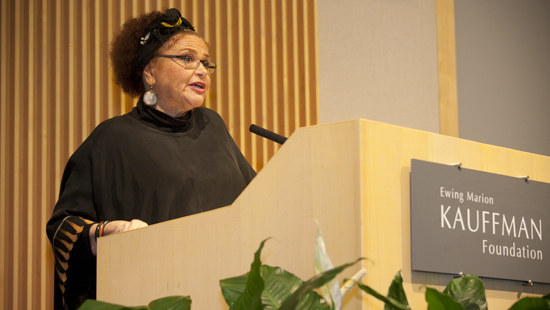Lisa Delpit's Other People's Children is a great read about children learning in the classroom. Delpit addresses that, children who speak different languages at home face a difficult time with the "culture of power" in today's standards at school. We cannot discourage children to not speak their own language. When a child speaks their own language in school they are not wrong by any means. This is where the rules and codes of power come into play. Delpit constructs what she calls " The five aspects of power." The first is 1."
Issues of power are enacted in the classrooms" In this step she describes that in simple terms the student is at the bottom of the educational process. The teacher along with the publishers of the textbooks, creators of the curriculum, and the state you are in are all above you to guide you to your economic status. Number 2. "
There are codes or rules for participating in power; that is, there is a culture of power." This states that students should have a general idea of when to understand power is taking place before them in the classroom. When students from different cultural backgrounds come into a foreign classroom they most likely do not understand. Number 3.
"The rules of the culture of power are a reflection of the rules of the culture of those who have power." This means a reflection is shown within the people who have power. They understood the rules of the culture of power which gave them their own. Number 4.
"If you are not already a participant in the culture of power, being told explicitly the rules of that culture makes acquiring power easier." This goes back to our class discussion of how to instruct a student within the classroom. If they are doing something they shouldn't be, they should explicitly be told to not do that. They will not understand if a teacher questions them about it. Number 5.
"Those with power are frequently least aware of-or least willing to acknowledge- its existence. Those with less power are often most aware of its existence." Meaning people who hold a position of power may not use and those who have no power are aware of where they stand within society. In conclusion Delpit feels that all students must be explicitly taught the rules and codes of power to achieve a better society.
Here is a somewhat lengthy review if you have the time of Other Peoples Children
Delpit: Rules and Codes of Power







No comments:
Post a Comment